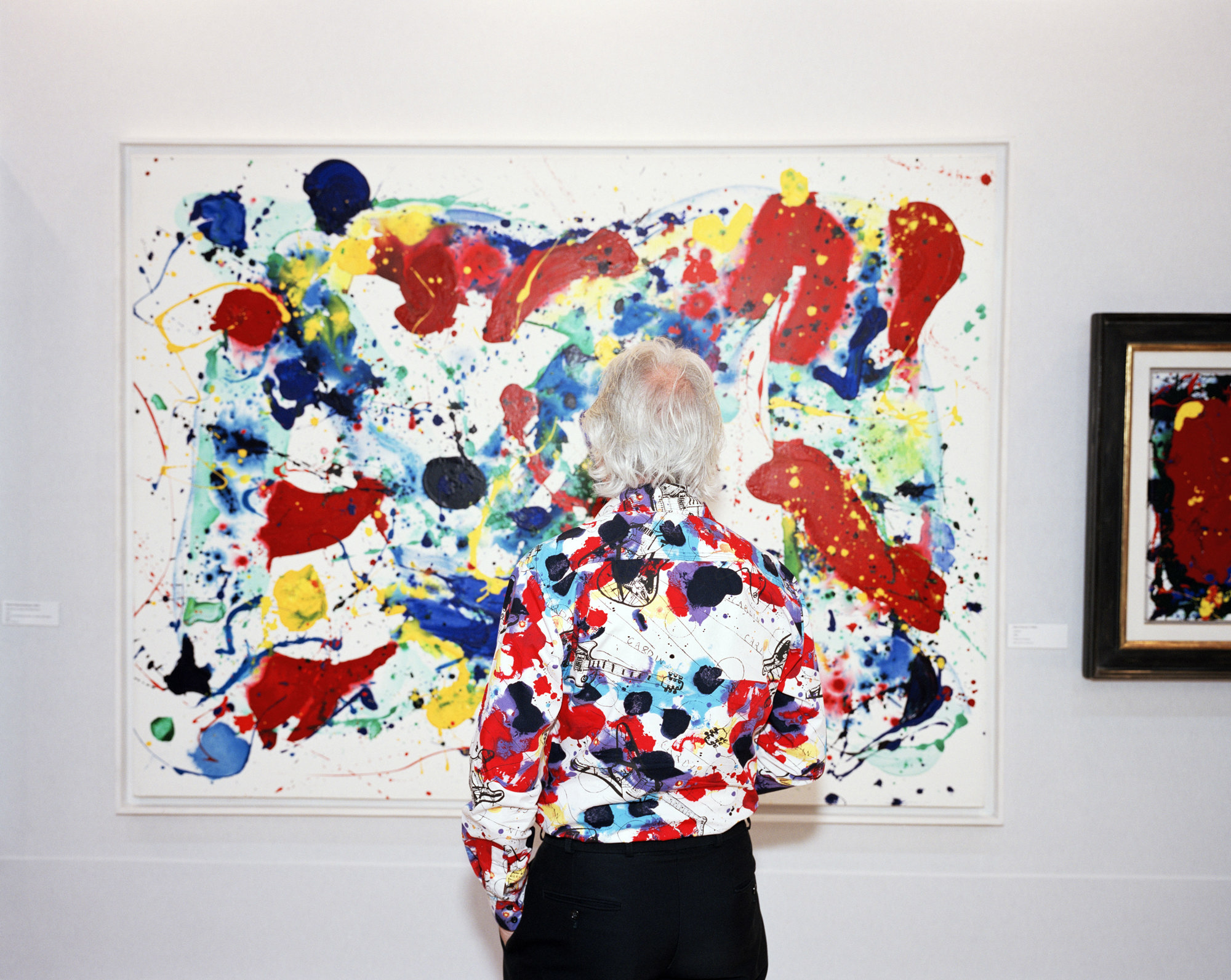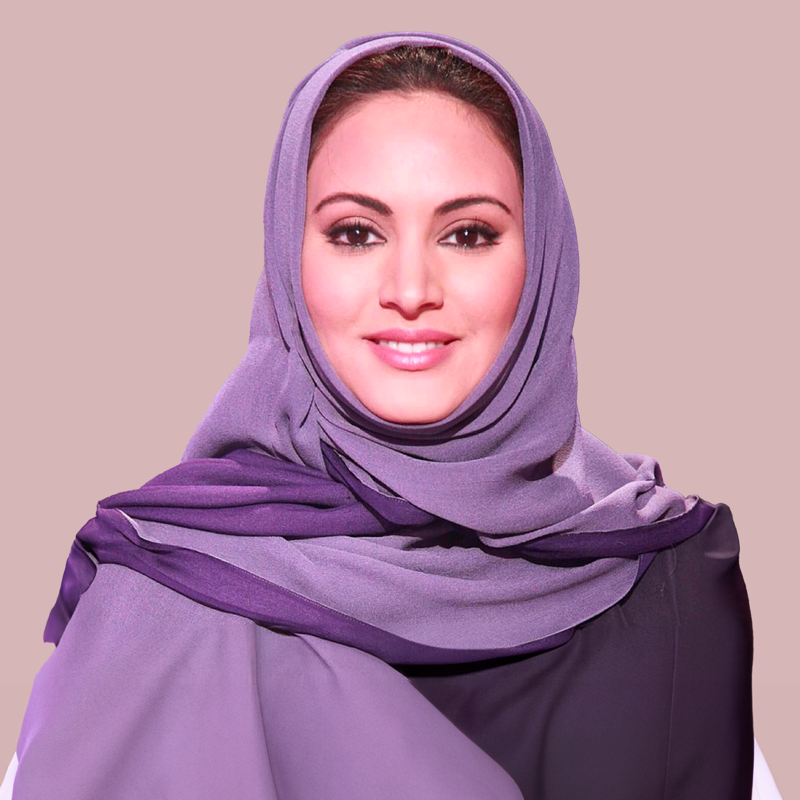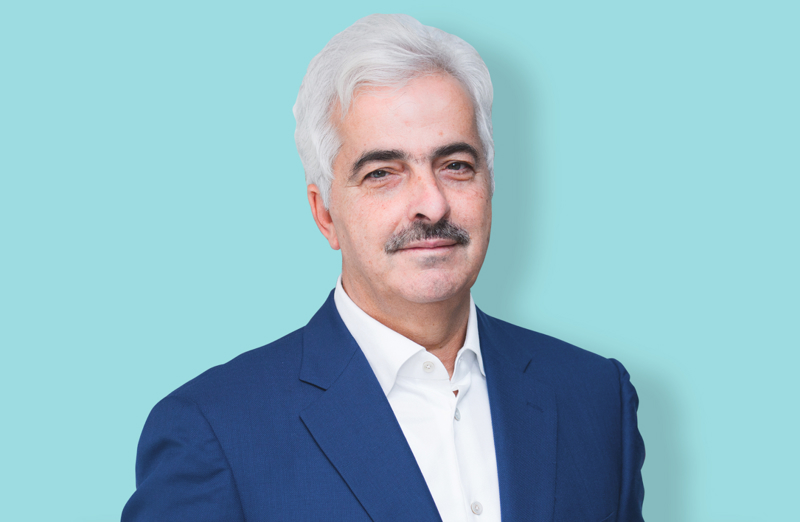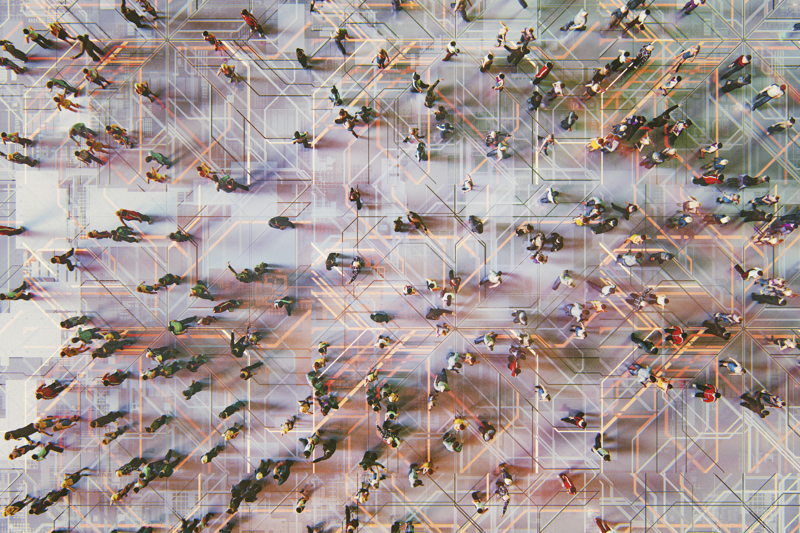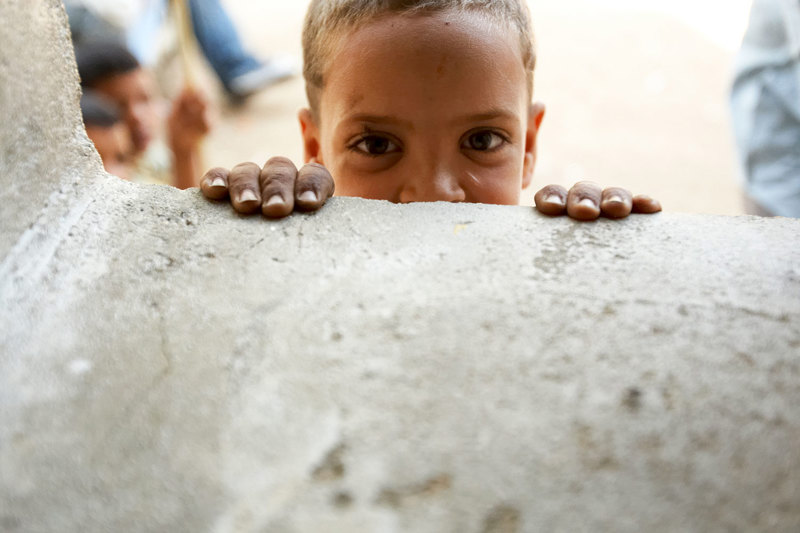Since 2005, Tunisian philanthropist Kamel Lazaar has supported arts and culture across the Arab region through his Kamel Lazaar Foundation (KLF). During the transformations wrought by the Arab Spring in 2011, Lazaar felt art had an especially vital role to play. However, back then, there was no platform to bring local and international artists together and help their messages resonate throughout the region and beyond.
“We believe that the visual art from the Middle East deserves to be more accessible, and better researched globally,” says his daughter Lina Lazaar, vice president of KLF. “This is only happening because we are able to talk about it in a nuanced way, both within and outside the region.”
Seeking to promote the free flow of ideas through images and words, the Lazaars established Ibraaz in 2011. The online forum connects artists, writers, and critical thinkers, and supports artistic research and project development.
"We believe that the visual art from the Middle East deserves to be more accessible, and better researched globally."
Lina Lazaar, VP, Kamel Lazaar Foundation
A core initiative of KLF, Ibraaz is today the world’s largest platform focused specifically on Arab arts and culture, with more than 2,000 contributors from across the globe. It has published more than 2,500 unique pieces of online content—from essays and interviews, to visual art, artistic reviews, and books.
Through this work, Ibraaz seeks to fill two key functions in the region.
First, it advances regional art by serving as a platform for sharing between artists and those interested in regional art. Ibraaz uses various media to foster free-flowing discussions that link art with social, historical, and political themes.
For example, it hosts biannual online discussions on questions such as “what is the future of the arts infrastructure and audiences across North Africa and the Middle East?”
Second, Ibraaz helps individuals advance their careers, by showcasing the work of established as well as emerging artists. “Many of our artists feel empowered to use their Ibraaz content as a portfolio,” says Lina. “Oftentimes these conversations and publications lead to further collaborations and full bodies of work.”
Ibraaz is expanding its strategy to include up to four in-person symposiums annually, to strengthen connections between readers and contributors in the region, and to give artists additional venues to feature their work.
“We now have a conviction that we should ensure the online platform’s works are translated into concrete implementation on the ground,” concludes Kamel Lazaar. “In the Arab World, what better place to do this than in Tunisia, which has a history of critical and free thinking, as well as a commitment to social development.”
This content was first published in 2020 by Project Inspired, a collection of video interviews and case studies drawn from conversations with some of the Arab region’s leading philanthropists and foundations. Project Inspired is supported by the Abdulla Al Ghurair Foundation for Education and the Bill & Melinda Gates Foundation, and produced by knowledge partners The Bridgespan Group and Philanthropy Age.
